Dangerous jobs in the age of exploration
The Age of Exploration was a time of unparalleled adventure and danger. During this period, brave souls set sail into the unknown, driven by curiosity and the promise of riches. These explorers faced myriad challenges, from treacherous seas to hostile encounters with indigenous peoples.
As they charted new worlds, they also left a lasting impact, forever altering the course of history. This era was not only about discovery but also about survival, as each profession played a vital role in these expeditions.
The Intrepid Explorers: Navigating Uncharted Waters

Explorers like Christopher Columbus and Ferdinand Magellan braved the vast, unpredictable oceans. They relied on rudimentary maps and celestial navigation to guide their ships. These daring individuals often faced fierce storms and the threat of mutiny from their crews.
Despite these hazards, their voyages led to the discovery of new lands and sea routes, expanding the known world. Their courage and determination paved the way for future generations to explore even further.
A Life at Sea: The Perilous Role of the Sailor
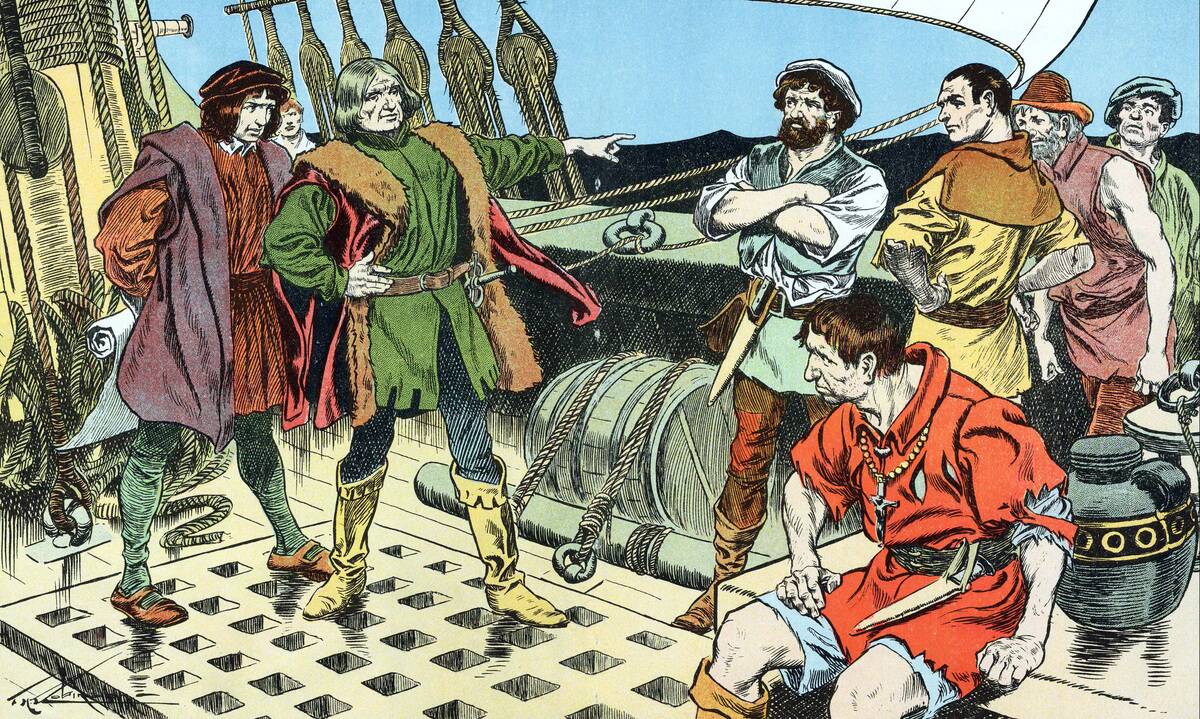
Sailors were the backbone of any expedition, enduring harsh conditions for months on end. Life aboard a ship was grueling, with cramped quarters, scarce food, and the constant threat of disease.
Scurvy, caused by a lack of vitamin C, was a common affliction, leading to swollen gums, difficulty healing wounds, and even death by infection. Despite these challenges, sailors remained resilient, driven by the promise of adventure and the hope of returning home with wealth and stories of distant lands.
Cartographers: Drawing the World with Danger Lurking
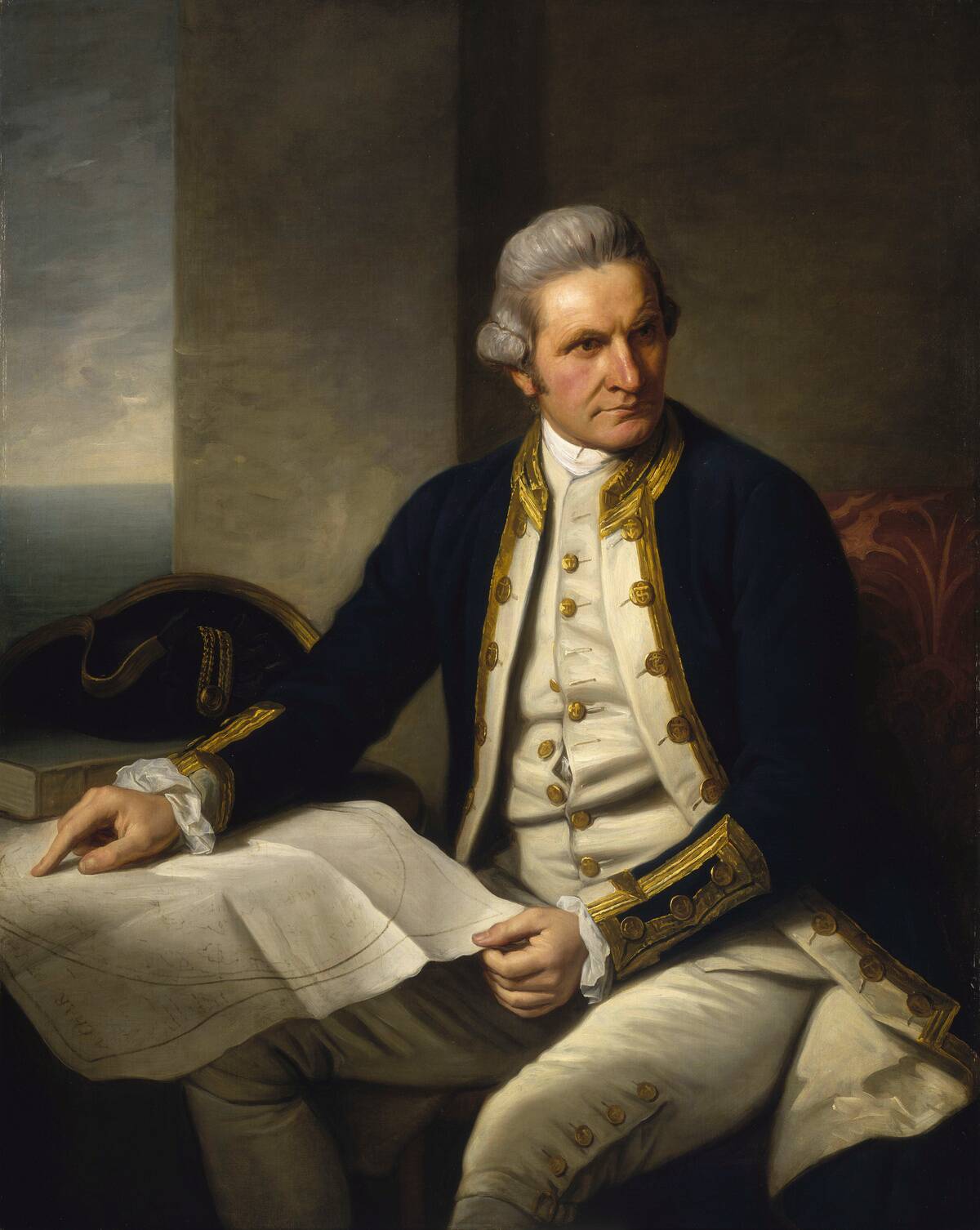
Cartographers played a crucial role in the Age of Exploration by creating maps of newly discovered territories. These pioneers of geography often accompanied expeditions, documenting coastlines and landmarks.
Their work was fraught with danger, as they navigated unknown territories and sometimes encountered hostile locals. The maps they produced were invaluable, guiding future explorers and facilitating trade. Despite the risks, these mapmakers were driven by a passion for discovery and a desire to expand the world’s understanding.
The Risky Business of the Spice Trade
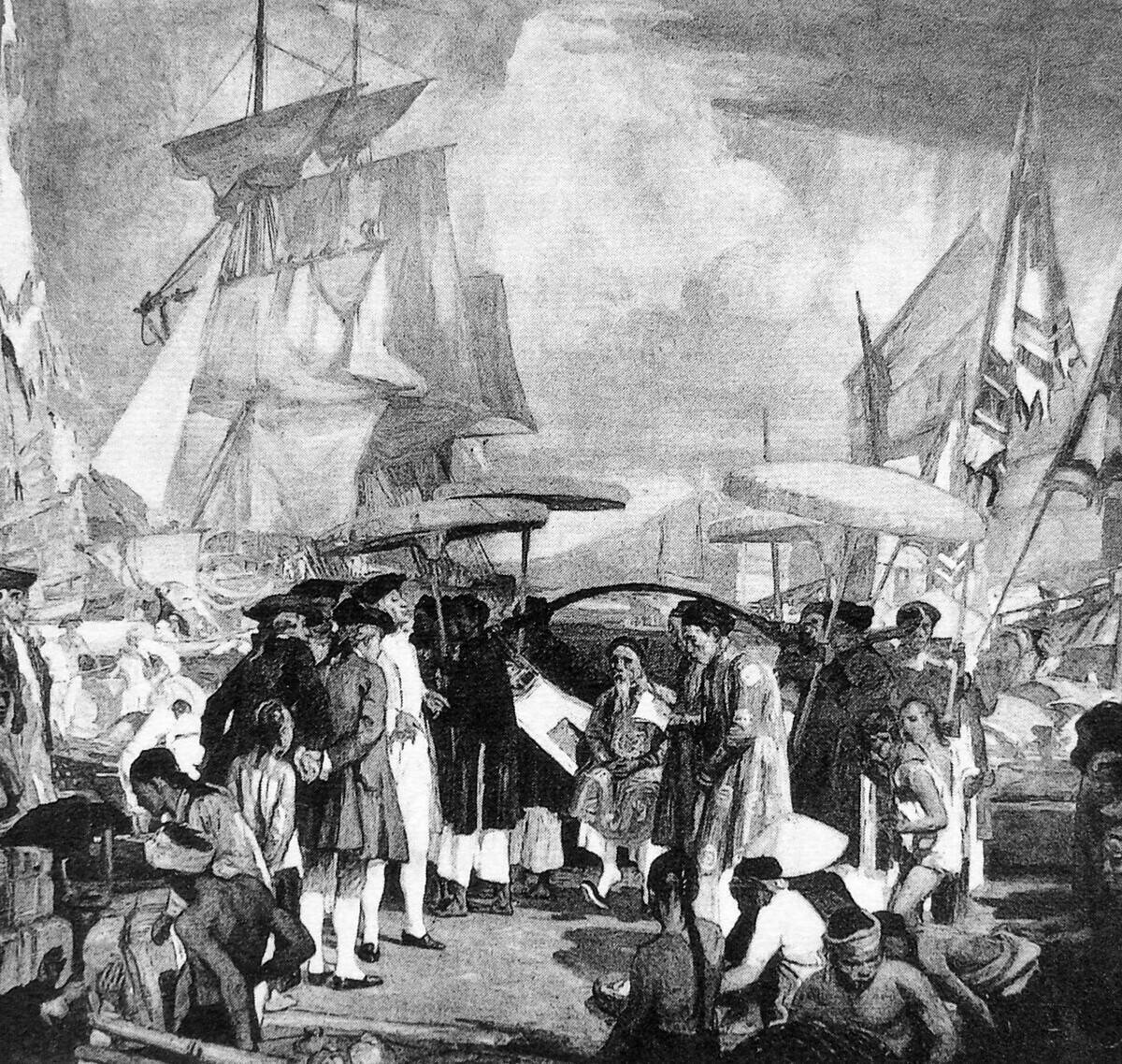
The spice trade was a lucrative yet perilous enterprise, with explorers seeking exotic spices like cinnamon and nutmeg. These commodities were highly prized in Europe, often worth more than gold. However, acquiring them meant venturing into treacherous waters and navigating complex trade networks.
Pirates, unpredictable weather, and unfamiliar customs were constant threats. Despite this, the rewards were immense, driving explorers to take great risks in their quest for these valuable goods.
Conquistadors: Conquest and Constant Threat
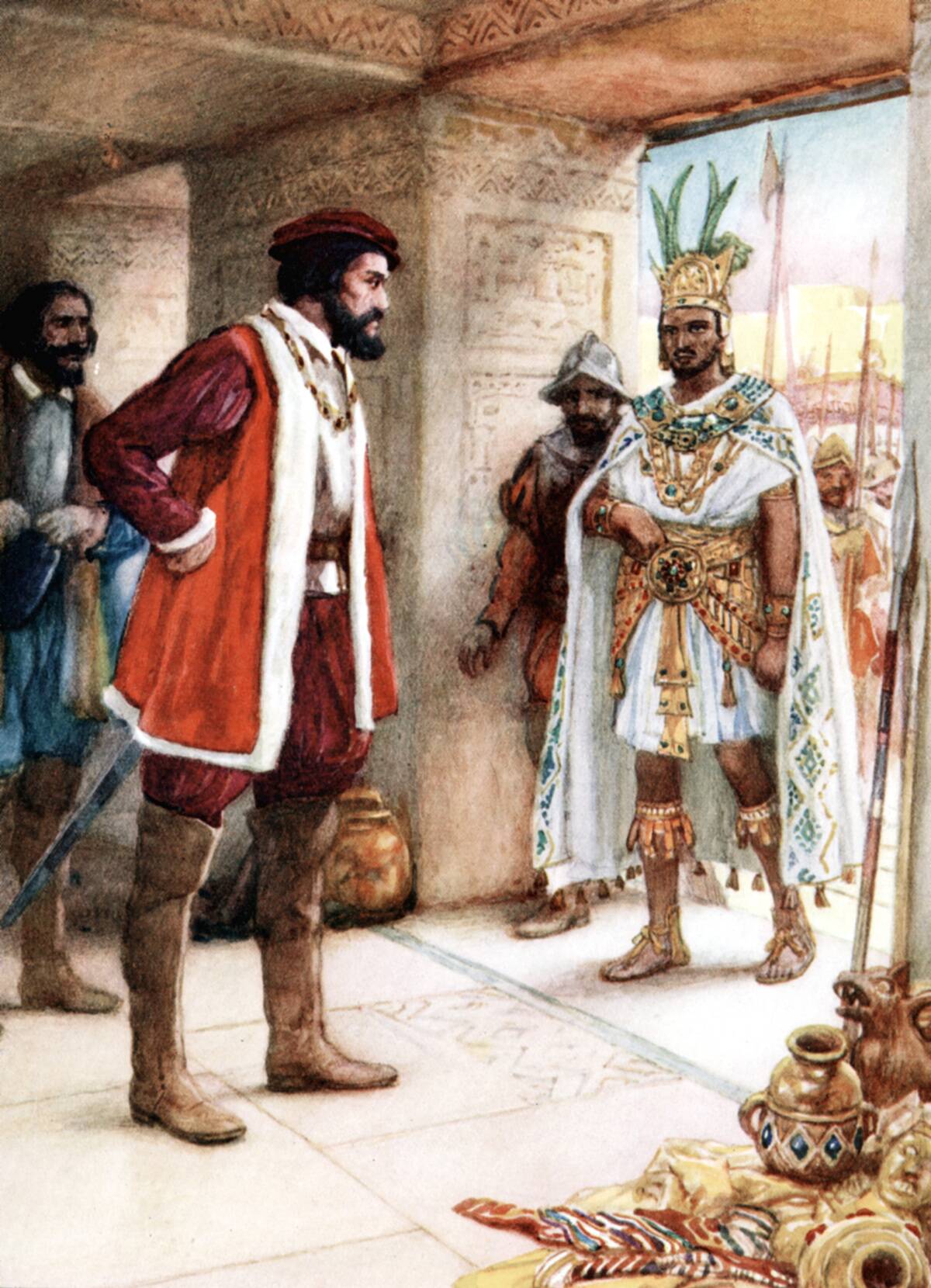
Conquistadors like Hernán Cortés and Francisco Pizarro ventured into the Americas, driven by a desire for wealth and glory. They faced formidable challenges, including hostile native populations and unfamiliar terrain. Armed with superior weaponry and tactics, they conquered vast empires, such as the Aztecs and Incas.
However, their campaigns were marked by violence and disease, which decimated indigenous communities. While they gained immense riches, the legacy of the conquistadors remains dark and sordid, highlighting the complex nature of exploration.
The Alarming Duties of the Ship’s Surgeon
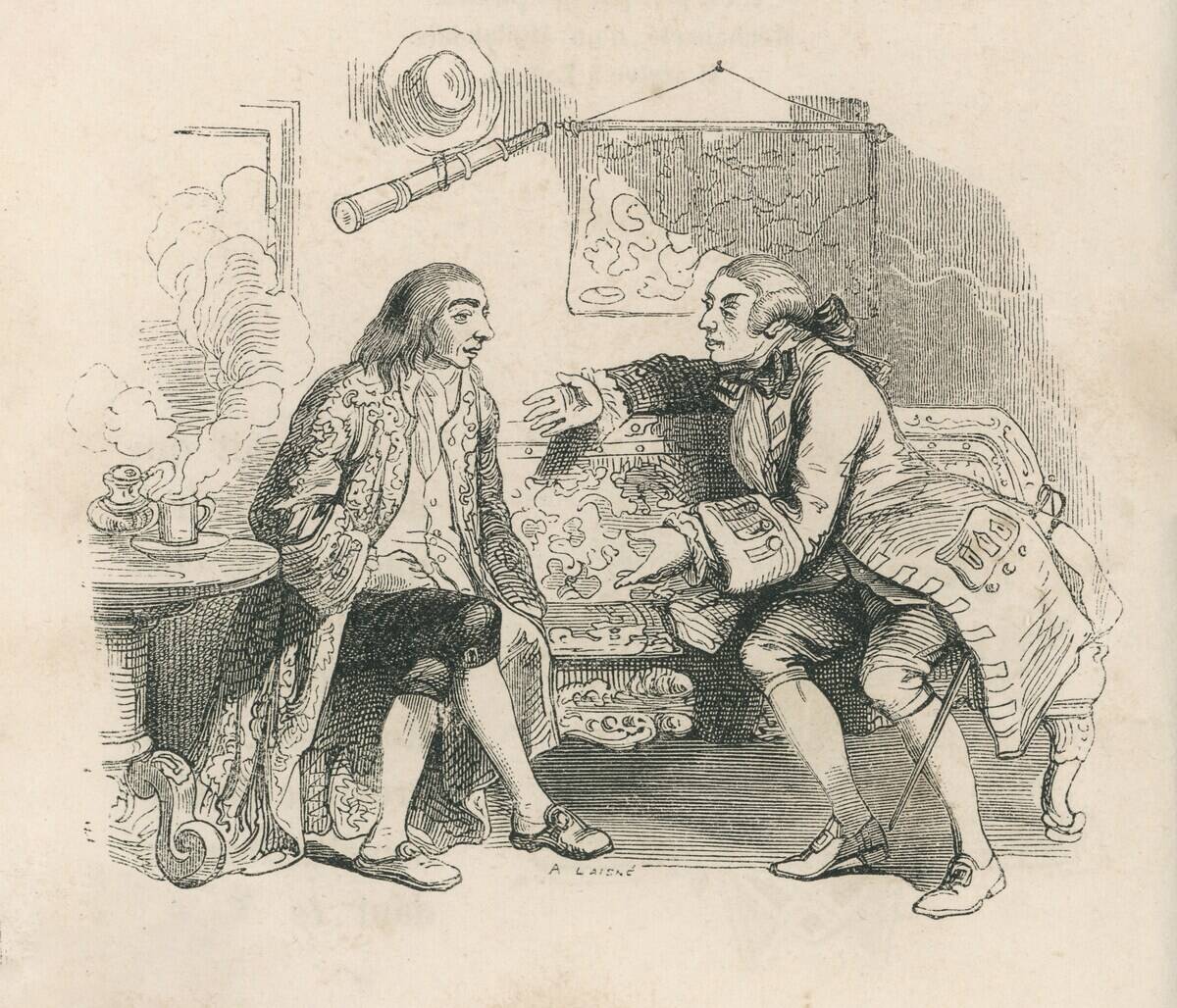
Ship’s surgeons were essential members of any crew, tasked with treating injuries and illnesses. With limited medical supplies and knowledge, they performed surgeries under primitive conditions. Amputation was a common practice, often without anesthesia, leading to high mortality rates.
Despite these challenges, surgeons played a vital role in maintaining the crew’s health, using whatever means available to prevent outbreaks of disease. Their work was grueling and often thankless, yet crucial for the success of any voyage.
Astronomers: Star-Gazing with a Side of Peril

Astronomers were key players during the Age of Exploration, using the stars to guide ships across vast oceans. They developed tools like the astrolabe and sextant to determine latitude, making navigation more precise. However, their work was not without danger, as long voyages exposed them to the same threats faced by sailors. Despite the risks, their contributions were invaluable, enabling explorers to chart new courses and expand the boundaries of the known world through celestial observation.
The Treasure Hunters: Fortune and Fatalities
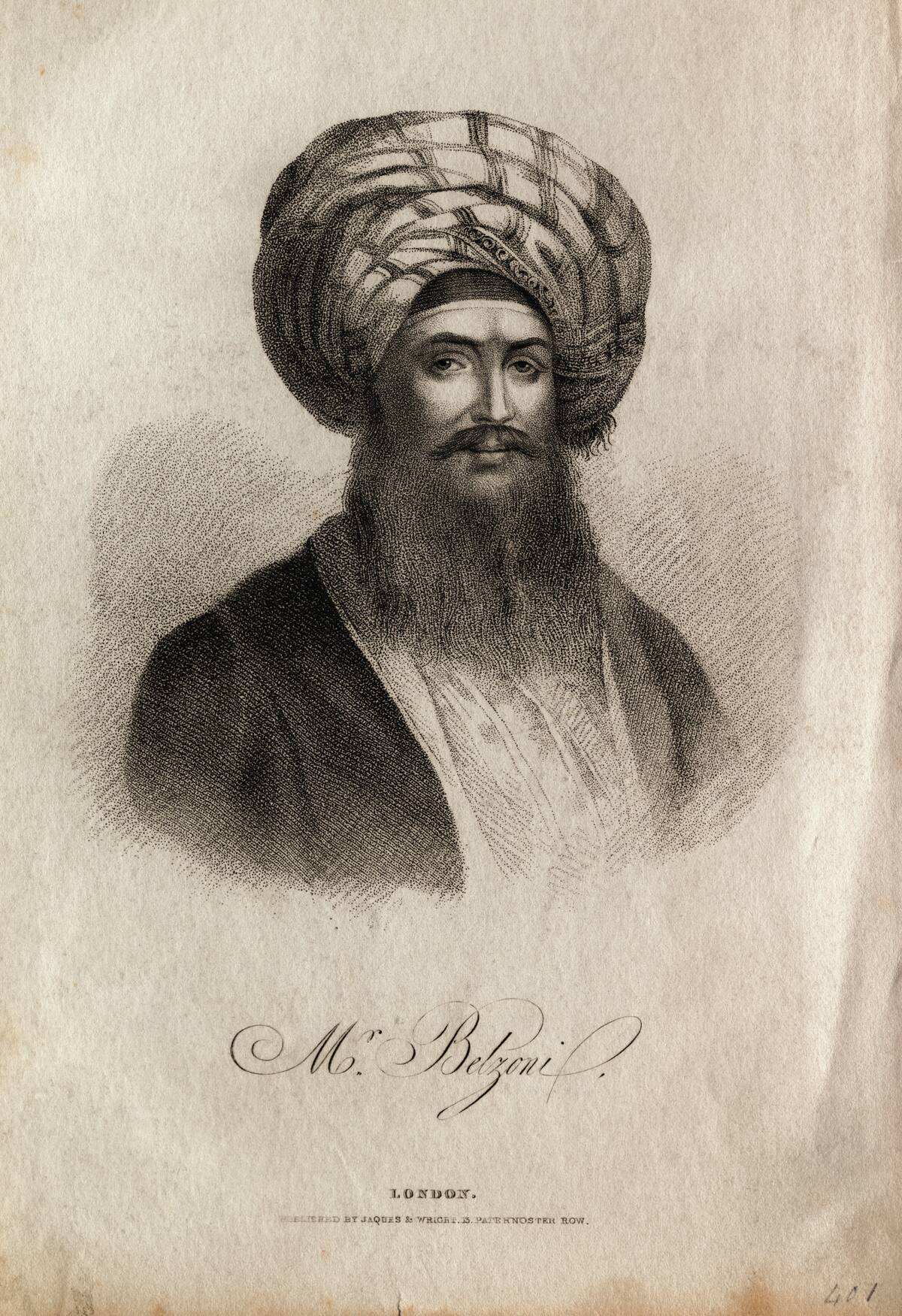
Treasure hunters were lured by tales of lost cities and buried gold, risking their lives in search of fortune. These adventurers often embarked on perilous expeditions, facing hostile environments and fierce competition.
Many sought the legendary El Dorado, a city rumored to be rich in gold. While few found the riches they sought, their quests often led to new discoveries and furthered the exploration of uncharted territories, despite the frequent cost of lives along the way.
Navigators: Guiding the Ship through the Unknown
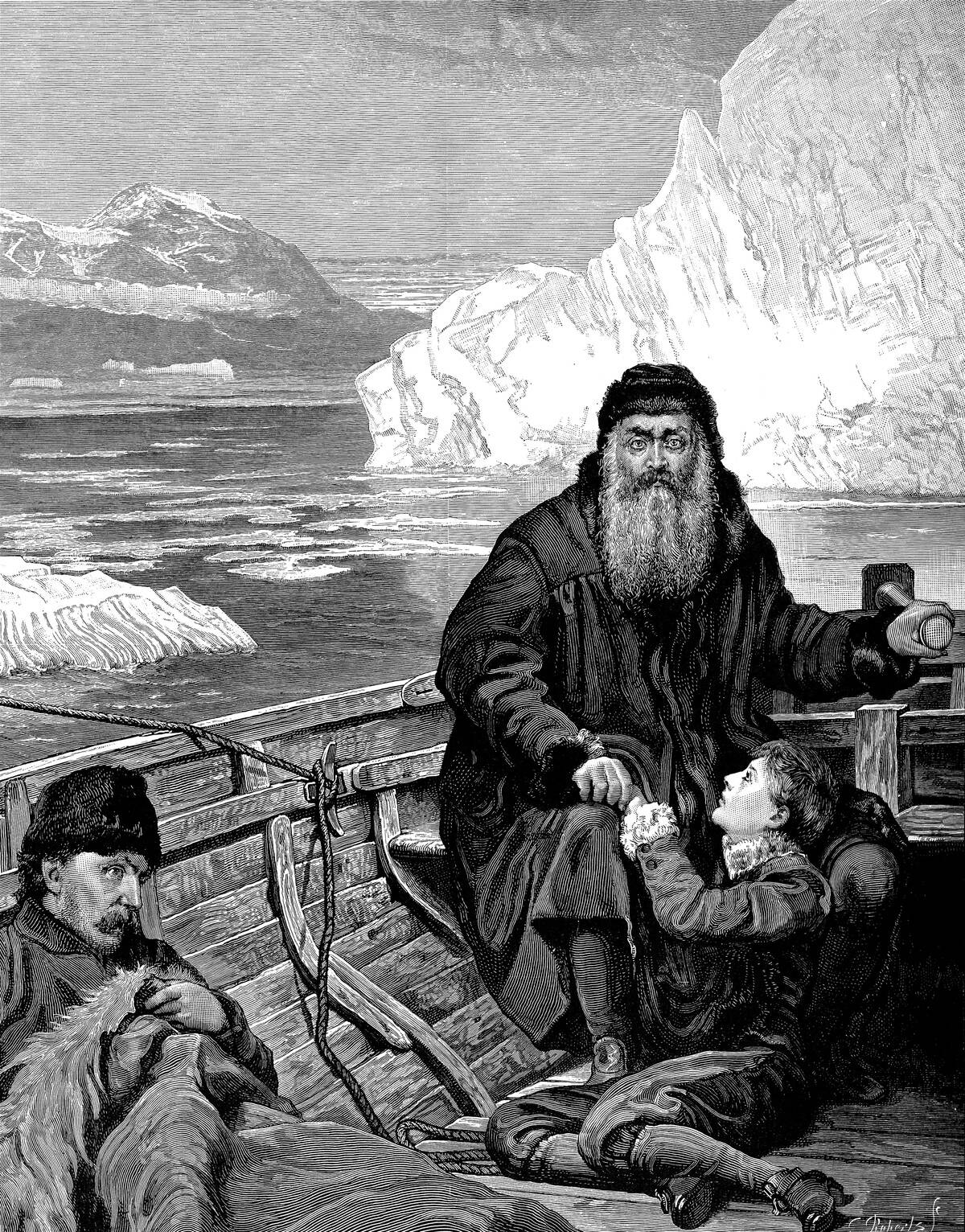
Navigators were the unsung heroes of exploration, responsible for charting a course through uncharted waters. Using tools like the compass and quadrant, they calculated positions and plotted routes, ensuring the ship stayed on course.
Their skills were crucial, as a single mistake could lead to disaster. Despite the pressure, navigators thrived on the challenge, their expertise enabling ships to reach distant lands. Their work laid the foundation for modern navigation, transforming the way people traveled.
The Adventurous Naturalists: Cataloging the World’s Wonders
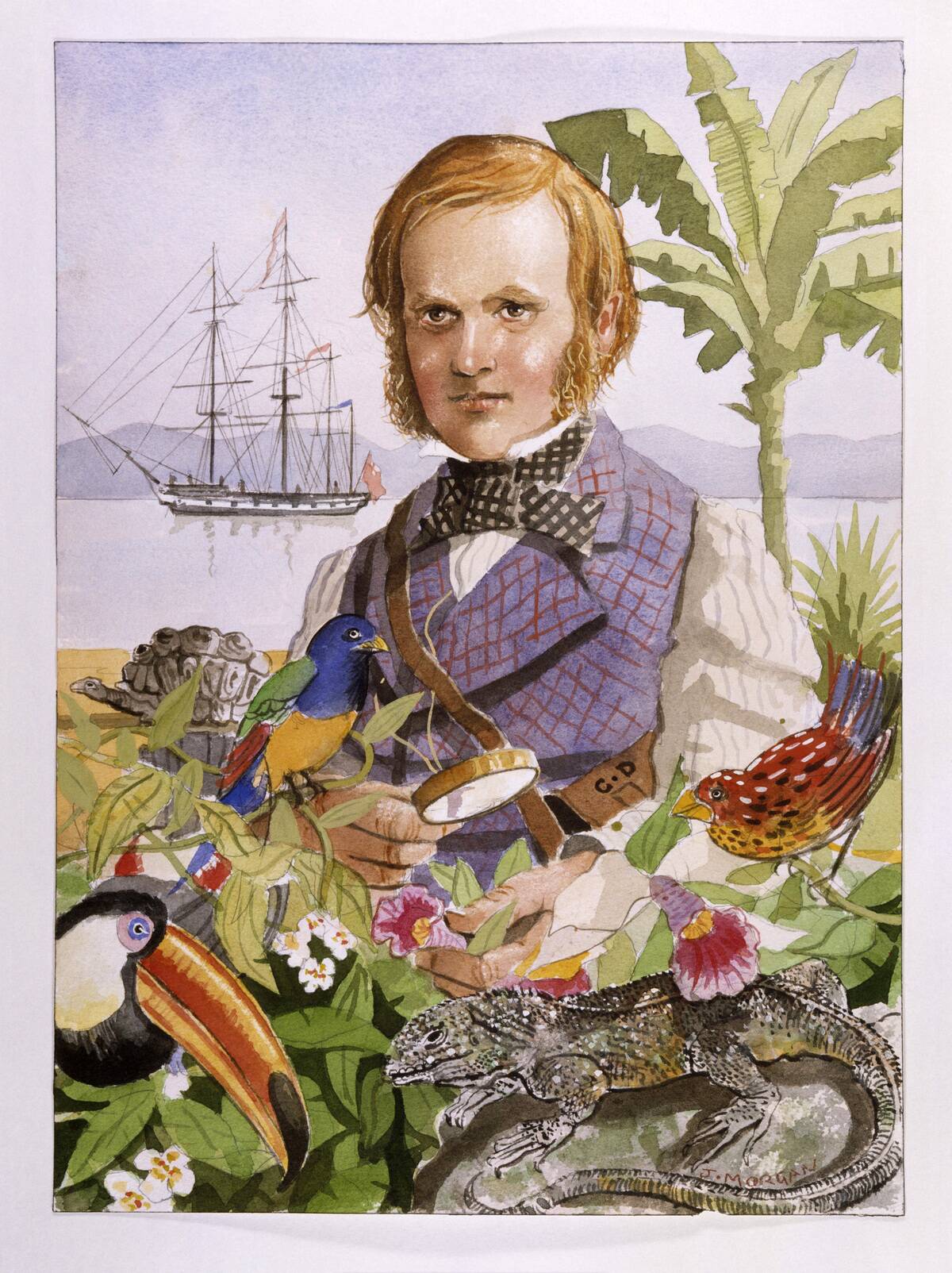
Naturalists like Charles Darwin and Joseph Banks embarked on voyages to study and document the natural world. They collected specimens, observed wildlife, and recorded their findings in meticulous detail. These explorers faced harsh conditions, often venturing into uncharted territories with little support.
Despite the challenges, their discoveries enriched scientific knowledge, laying the groundwork for future research. Their passion for understanding the natural world led to groundbreaking insights, transforming the fields of biology and ecology.
The Life of a Whaler: High Stakes on the High Seas
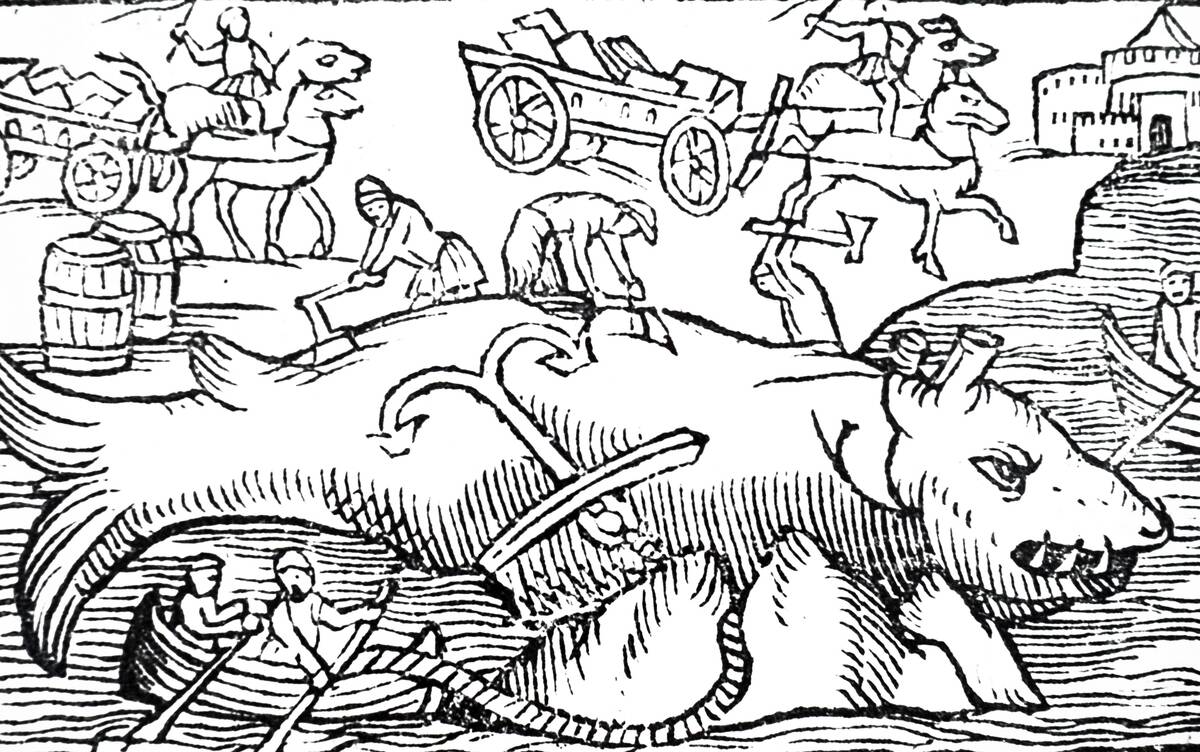
Whalers braved the high seas in search of whales, whose oil was a valuable commodity. The hunt was dangerous, with small boats pursuing massive creatures that could capsize them with a single blow.
Despite the risks, whaling was a profitable industry, fueling lamps and machinery. The life of a whaler was harsh and often deadly, yet it attracted those seeking adventure and fortune. This industry’s legacy is complex, highlighting the balance between exploration and exploitation.
The Intrepid Missionaries: Spreading Faith in Foreign Lands
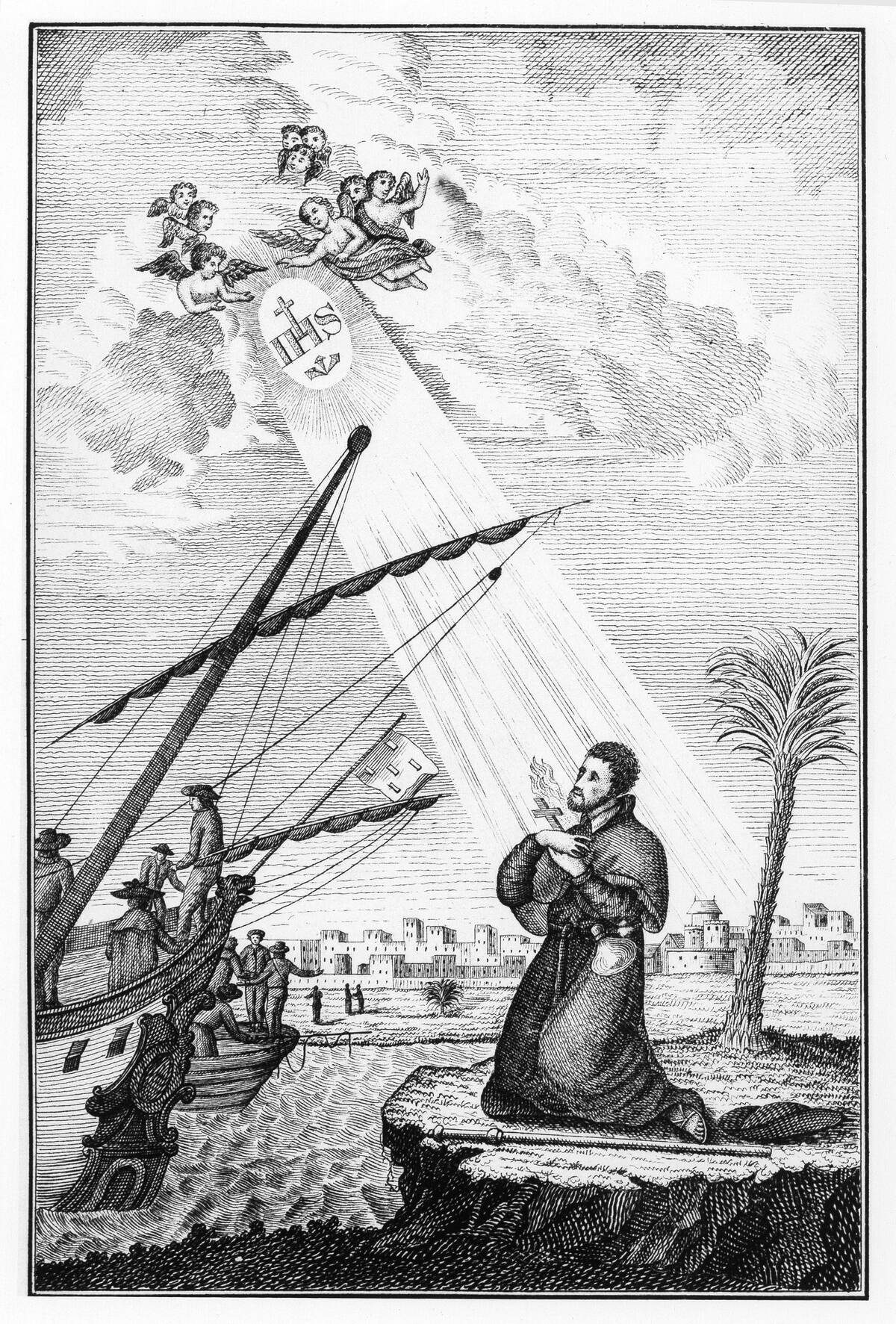
Missionaries ventured into foreign lands with the goal of spreading their faith, often accompanying explorers on their journeys. They faced numerous challenges, including language barriers and cultural differences. Despite these obstacles, many missionaries successfully established communities and converted indigenous peoples.
Their work was not without controversy, as it often disrupted traditional ways of life and could happen forcibly and in concert with forms of exploitation. Nevertheless, missionaries played a significant role in the Age of Exploration, bridging cultures and leaving a lasting impact on the regions they visited.
The Harrowing Hunt for New Trade Routes
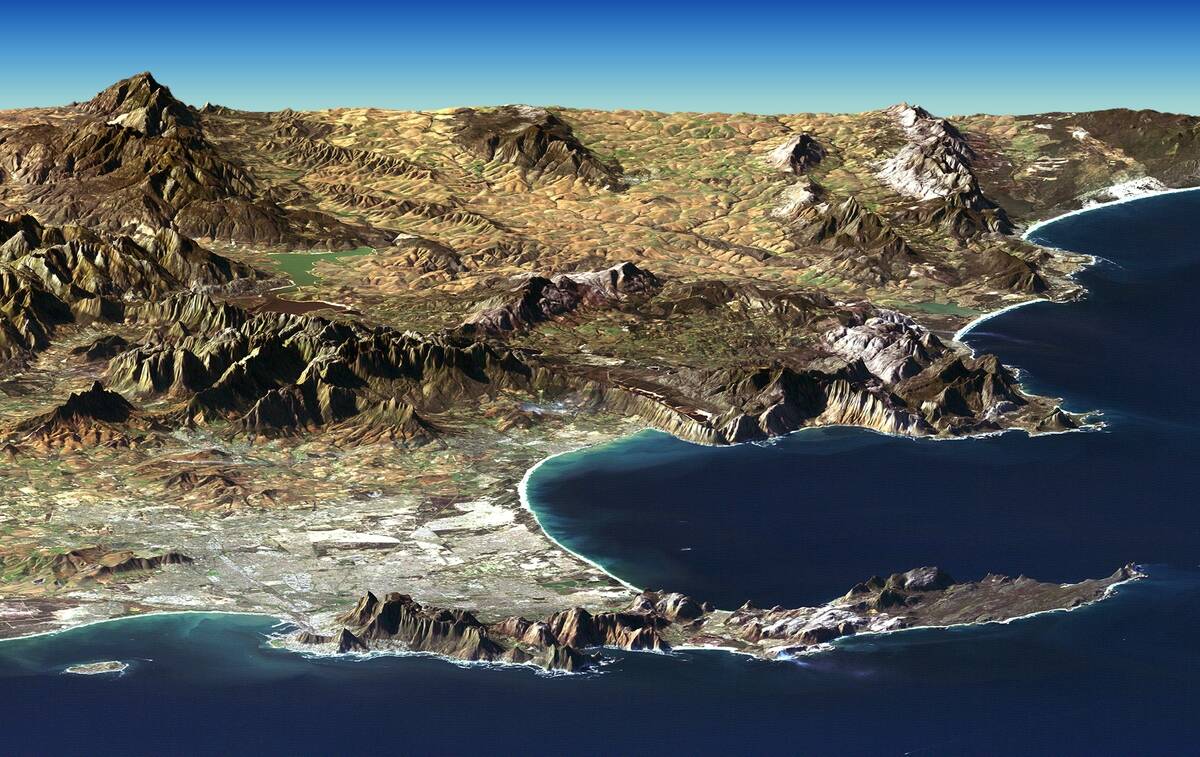
The search for new trade routes drove much of the exploration during this era, as nations sought to bypass intermediaries and access valuable goods directly. Explorers braved unknown seas and territories in pursuit of more efficient paths to the riches of Asia and the Americas.
This quest was fraught with danger, including treacherous weather and uncharted waters. Despite the challenges, the discovery of new routes revolutionized global trade, fostering economic growth and cultural exchange on an unprecedented scale.
The Plight of the Enslaved: Forced Labor in Exploration
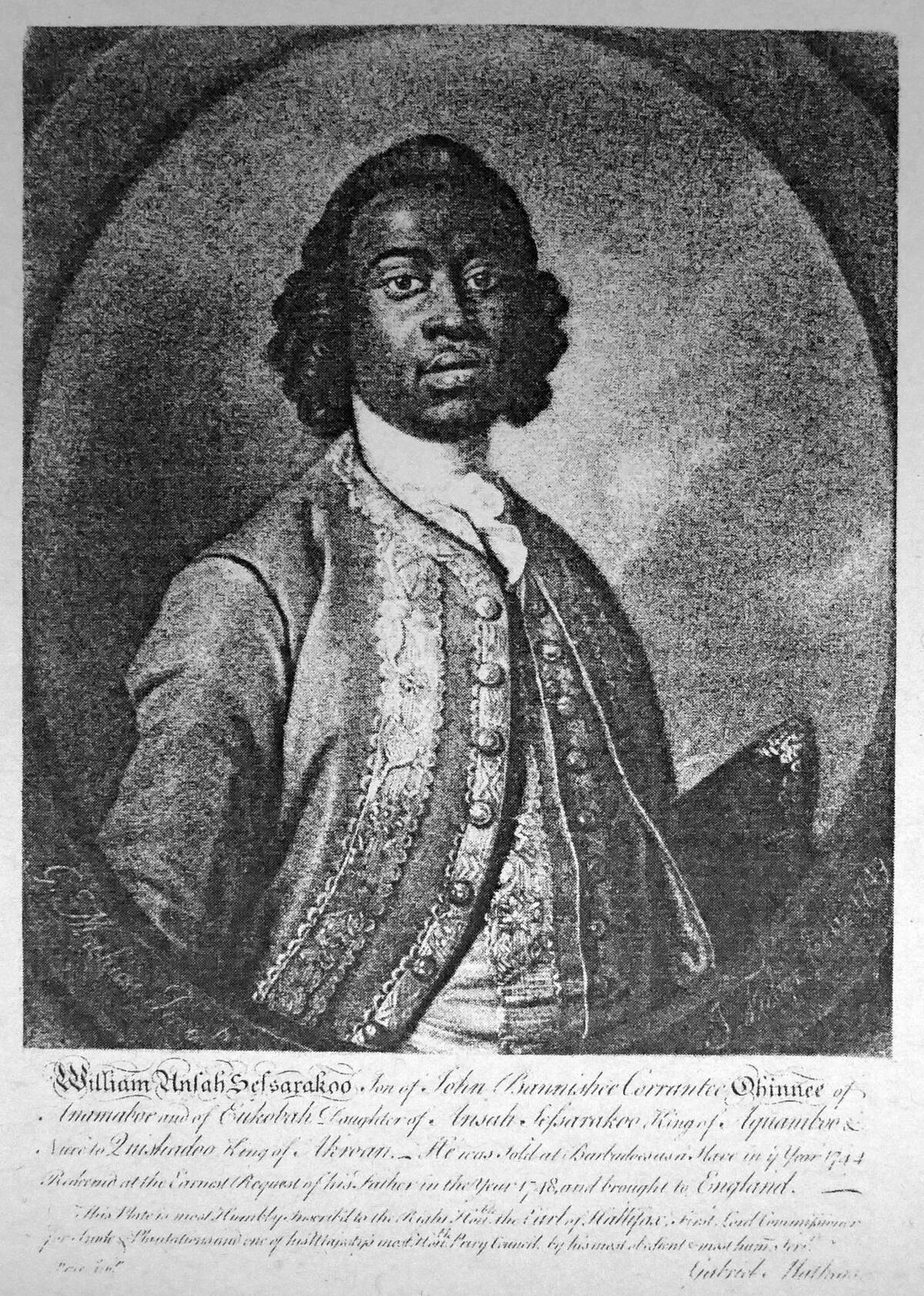
The Age of Exploration was marred by the widespread use of enslaved labor, as explorers and colonizers relied on forced labor to achieve their goals. Enslaved individuals endured brutal conditions, facing violence and exploitation.
Their contributions were significant, yet their stories are often overlooked in history. The legacy of slavery during this period is a sobering reminder of the human cost of exploration, highlighting the need for a more inclusive and honest account of this era’s impact.
Shipbuilders: Crafting Vessels in a Hazardous World
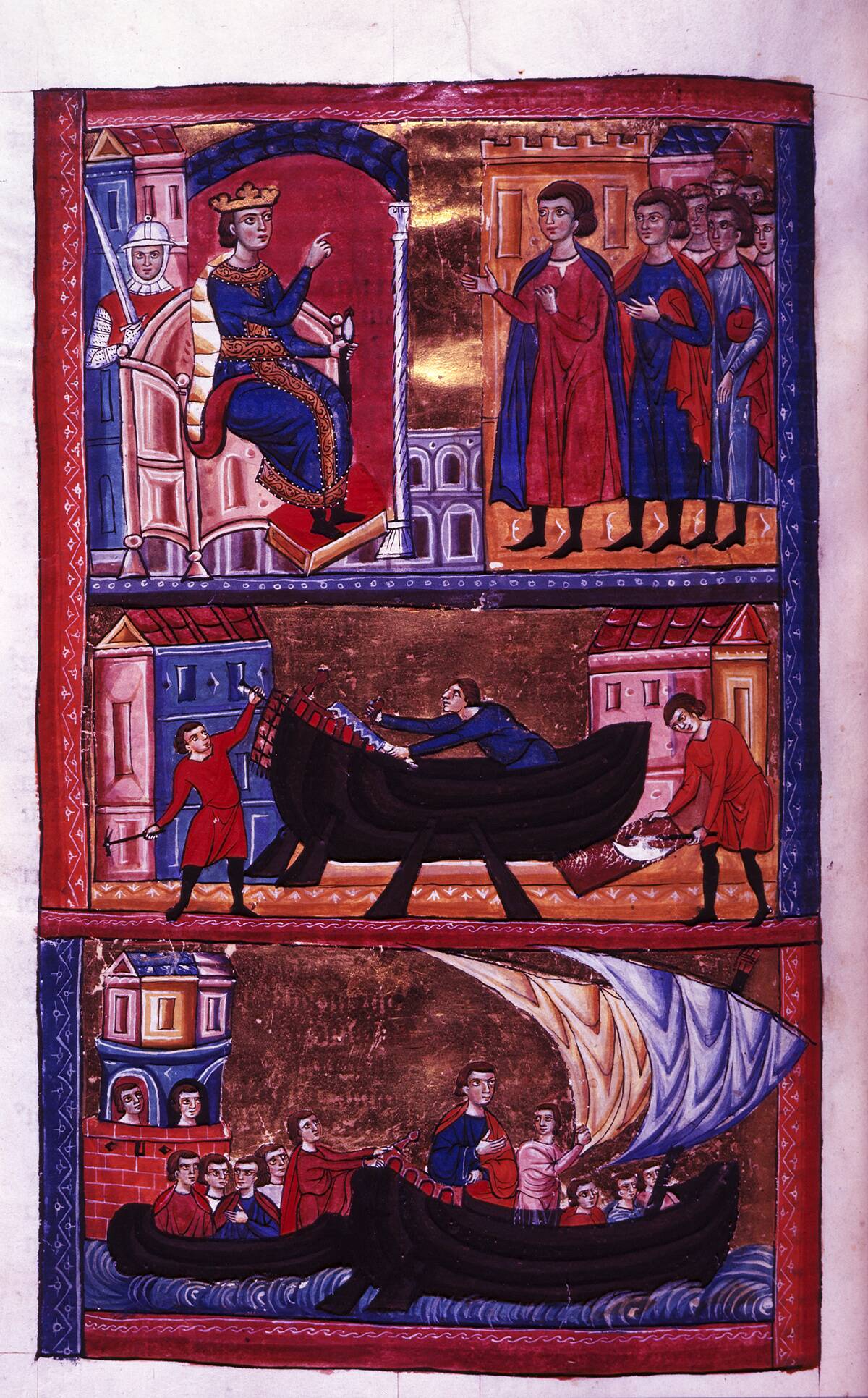
Shipbuilders played a critical role in the Age of Exploration, constructing vessels capable of withstanding long voyages and rough seas. These craftsmen worked with limited resources, using innovative techniques to build sturdy ships.
Their work was dangerous, with the risk of injury high in shipyards. Despite the challenges, shipbuilders were essential to exploration, their creations enabling explorers to reach new lands and facilitating the exchange of goods and ideas across the globe.
The Curious Case of the Privateers: Legal Pirates on the High Seas

Privateers were licensed by governments to attack enemy ships, blurring the line between piracy and legitimate naval warfare. These sailors operated with official backing, capturing vessels and claiming their cargo as prizes.
The life of a privateer was fraught with danger, as they faced the same perils as pirates, including naval battles and harsh sea conditions. Despite the risks, privateering was a lucrative venture, with privateers contributing to their nations’ war efforts while enriching themselves.
The Art of Being a Linguist: Communicating in Unknown Tongues
![[redacted] Guiding the Lewis And Clark Expedition by Alfred Russell](https://media.tellmebest.com/wp-content/uploads/2023/08/sacajawea-guiding-the-lewis-and-clark-expedition-by-alfred-russell-17252.jpeg)
Linguists played an essential role in the Age of Exploration, serving as interpreters and cultural mediators. They learned new languages to facilitate communication between explorers and indigenous peoples. This work required patience and adaptability, as linguists navigated complex social dynamics.
Despite the challenges, their efforts were crucial for successful interactions, enabling trade and diplomacy. Linguists laid the groundwork for cross-cultural understanding, their work contributing to the rich tapestry of global communication that continues to evolve today.



